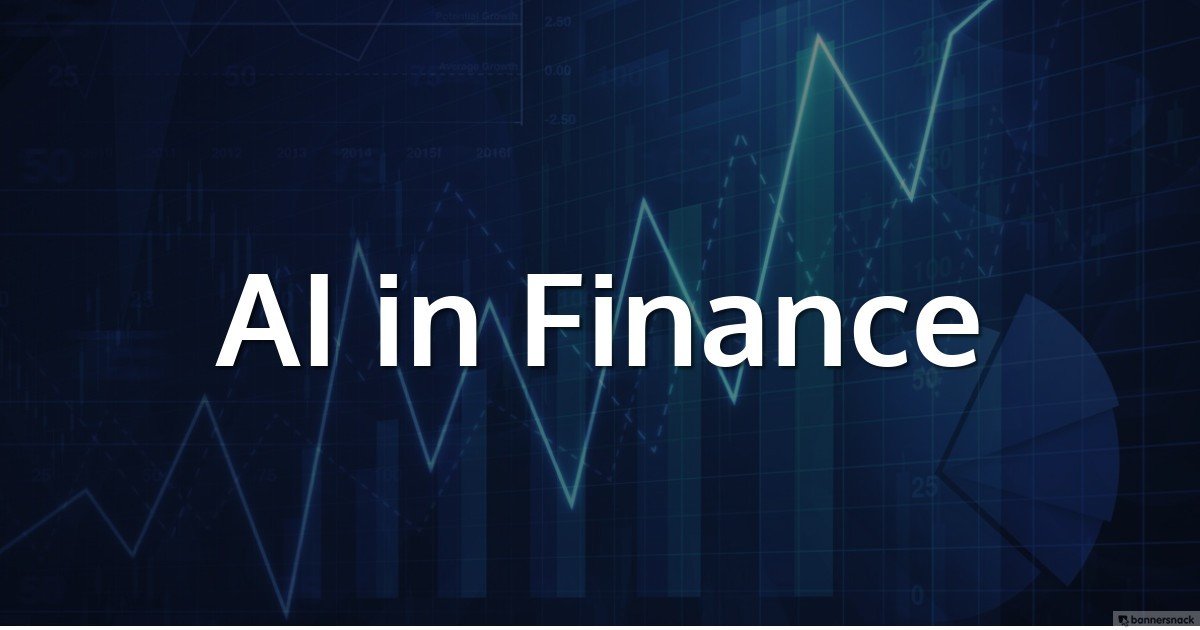The financial industry is experiencing a seismic shift — and Artificial Intelligence (AI), particularly Generative AI (Gen-AI), is the driving force behind it. From Wall Street trading floors to Indian fintech startups, AI is redefining how investment research is conducted, how lending decisions are made, and how customers interact with financial services.
In a sector where milliseconds can mean millions, AI brings speed, precision, and predictive power unmatched by human-only processes. The question is no longer “Will finance adopt AI?” but “How deeply will AI reshape the financial landscape — and how soon?”
Understanding AI & Gen-AI in Finance
🔸 AI vs Gen-AI
- AI in finance uses machine learning, predictive analytics, and automation to process huge volumes of data, detect patterns, and make decisions.
- Gen-AI takes this further — it doesn’t just analyze data; it can generate new insights, reports, forecasts, and even personalized financial plans.
🔸 Why Finance is the Perfect Playground for AI
Finance is data-heavy, rules-driven, and highly competitive. AI thrives here because:
- Massive datasets — stock prices, loan histories, transaction records.
- Regulatory complexity — compliance automation saves billions.
- Demand for accuracy — mistakes are costly; AI reduces human error.
AI in Investment Research
🔸 From Manual Reports to Automated Insights
Traditional investment research was labor-intensive: analysts reading annual reports, tracking market news, building Excel models. AI changes that by:
- Scanning thousands of news articles, earnings calls, and SEC filings in seconds.
- Using Natural Language Processing (NLP) to summarize sentiment around a stock or sector.
- Identifying hidden correlations between macro events and asset performance.
🔸 Case Study: AI-Powered Stock Screening
Platforms like Bloomberg’s GPT integration and India’s Trendlyne AI scanner now allow investors to:
- Filter stocks based on earnings momentum, insider trades, and analyst upgrades.
- Predict market sentiment shifts before they’re reflected in prices.
🔸 Impact
Faster decisions, deeper insights, and democratization of institutional-grade research tools for retail investors.
AI in Portfolio Management & Trading
🔸 Algorithmic & Quant Trading
AI-driven trading bots can execute strategies in microseconds, reacting to market changes faster than any human trader.
Example: Renaissance Technologies and Two Sigma have been using AI for years to generate alpha with minimal human intervention.
🔸 Risk Management in Trading
Machine learning models detect volatility spikes, sector-specific risks, and even social media-driven events (think GameStop 2021) before they escalate.
AI in Lending Decisions
🔸 From Credit Scores to Holistic Profiles
Traditional credit scores like CIBIL and FICO rely on limited data points. AI expands the scope to include:
- Digital transaction history
- Utility bill payments
- Mobile app usage behavior
- Social media signals (yes, even that)
🔸 Real-Time Loan Approvals
Fintechs like KreditBee and PaySense use AI to approve loans within minutes — something impossible with manual underwriting.
🔸 Fraud Detection
AI detects anomalies in loan applications, identity mismatches, and device fraud patterns in real time.
Gen-AI in Finance: The Next Frontier
🔸 Automated Research Reports
Gen-AI tools like ChatGPT Enterprise and FinBERT can produce investment-grade reports tailored to specific sectors or clients — in minutes.
🔸 Hyper-Personalized Financial Advice
Robo-advisors powered by Gen-AI can adapt portfolios daily, based on market conditions and a client’s real-time spending patterns.
🔸 Predictive Policy Impact
By simulating “what-if” scenarios, Gen-AI can forecast how a new RBI policy might affect lending rates, stock markets, or currency flows.
Regulatory & Ethical Considerations
🔸 Transparency & Explainability
RBI and SEBI are increasingly pushing for Explainable AI — meaning, if an AI denies you a loan, it must show why.
🔸 Data Privacy
With the Digital Personal Data Protection Act in India and GDPR globally, AI systems must ensure data is used ethically and with consent.
🔸 Bias Mitigation
AI models must be audited to avoid replicating past biases — e.g., denying loans to certain income groups due to historical discrimination.
AI Adoption Roadmap for Financial Institutions
- Data Infrastructure First — AI is only as good as the data fed into it.
- Compliance Alignment — Integrate RBI/SEBI guidelines from day one.
- Human + AI Hybrid Models — Use AI for analysis, humans for final judgment.
- Continuous Model Training — Financial markets evolve; so should your AI models.
The Future: AI as the Core of Finance
- By 2030, PwC predicts AI could add $15.7 trillion to the global economy, with finance as a key beneficiary.
- In India, AI-led fintech adoption is expected to grow at 40% CAGR over the next 5 years.
- The winners will be institutions that combine AI’s analytical power with human empathy and strategic thinking.




